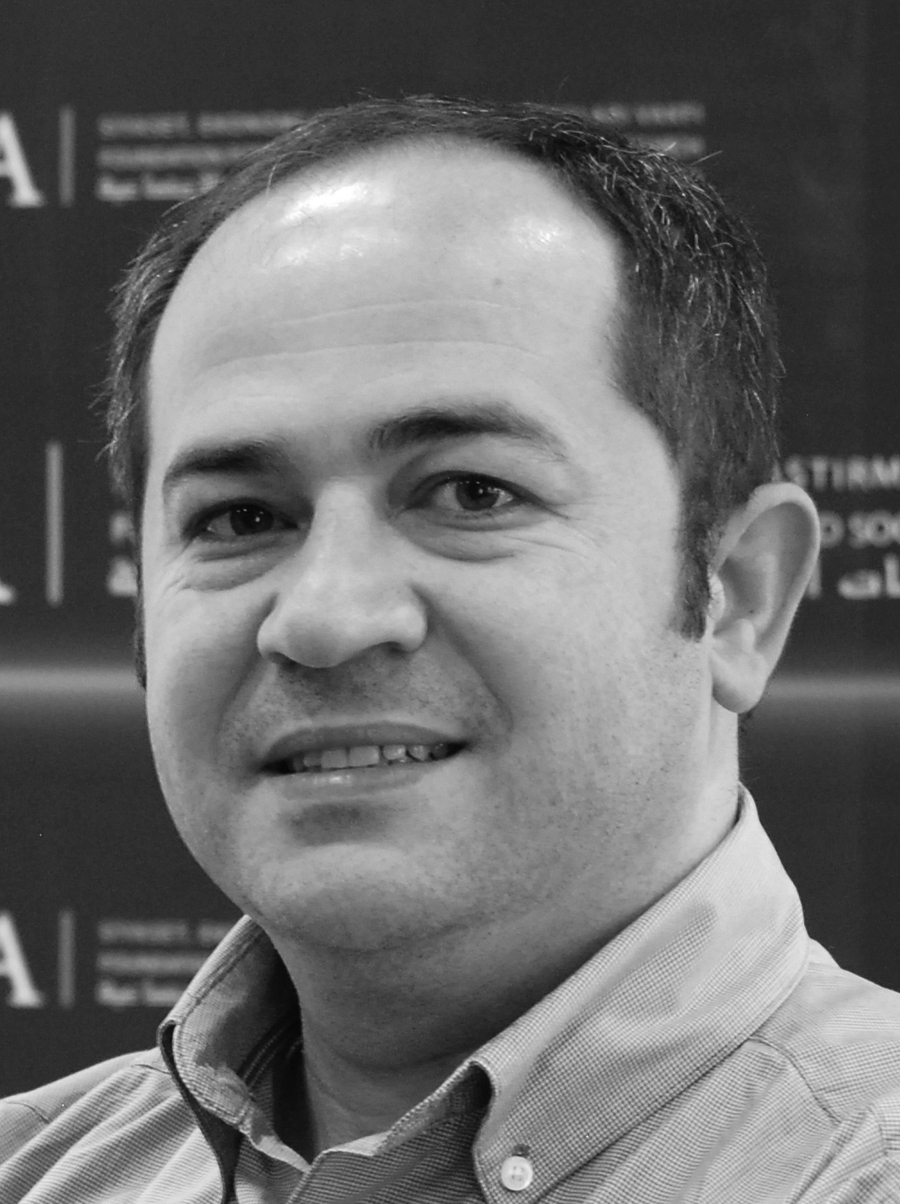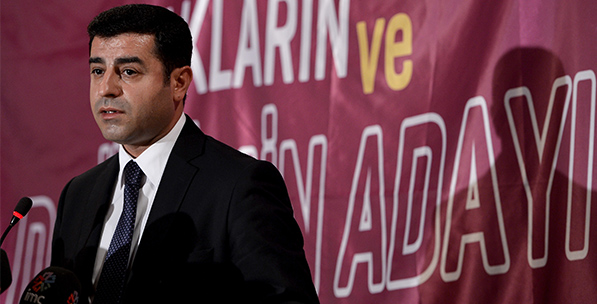What Prime Minister Recep Tayyip Erdoğan and challenger Ekmeleddin İhsanoğlu represent in the upcoming presidential election and where they stand on key issues is hardly a secret.Erdoğan pledges to continue the struggle against the guardianship regime he led as AK Party chairman for the past 12 years and build a "new Turkey" with normal ties between state, society and politics by 2023.
İhsanoğlu, in turn, embodies the resistance to change from the Republican People's Party (CHP) and Nationalist Movement Party (MHP) to emerge as Erdoğan's complete opposite. In this historic race, which pits "old Turkey" against "new Turkey," for what does Selahattin Demirtaş, the Kurdish political movement's candidate, stand?
The Demirtaş campaign serves the Kurdish political movement's efforts to turn an ethnically-oriented, regional political party into a national force and to reach out to non-Kurdish voters - which is why they recently established the Peoples' Democratic Party (HDP). In addition to this objective, his nomination promises to reveal the "actual" level of support for the movement otherwise concealed by the electoral threshold as well as help the HDP emerge as a key player in the deadlock between the AK Party and its opponents, and to strengthen the movement's hand at the negotiation table over the Kurdish peace process. All of the above indicate that the Demirtaş campaign serves the Kurdish political movement's short-term interests.
This road map, which seems like a smart move within the context of party politics, however, does not fit into the bigger picture of Turkey's democratization and the movement's position in Turkish politics - which corresponds to ignoring key issues and pursuing their own agenda. For instance, the Peace and Democracy Party (BDP) refused to take sides between democracy and the guardianship regime during the 2010 constitutional referendum by calling for a boycott. Similarly, the PYD sought to carve out a Kurdish territory amid the struggle between Bashar Assad and the Syrian opposition instead of lending support to the latter. As such, both the BDP and PYD prioritized their own prospects over the main issues of their respective countries. At a time when Turkey witnesses an even more intense battle between democracy and guardianship than four years ago, the HDP looks to make short-term profits - like the PYD did in Syria.
Furthermore, the Kurdish political movement's position as an integral element of Turkish politics positions the HDP as an effective tool for the pro-guardianship camp, who were overjoyed at Demirtaş running against Erdoğan in the presidential election.
The opponents believe that Demirtaş could deny the prime minister a first-round victory by mobilizing two groups, namely the Kurds and disillusioned leftists. The main idea behind rallying these two groups behind Demirtaş is not to empower the HDP but to weaken Erdoğan. His capacity to hurt Erdoğan, not his vision for the nation, thus emerges as the HDP candidate's primary selling point.
To be sure, the Kurdish political movement has a right to ignore the big picture and prioritize its short-term interests. In this case, the main challenge for Demirtaş will be to stop being a man who receives endorsements to prevent his absence from serving another candidate's interests, and emerge as a genuine contender for the presidency.
[Daily Sabah, July 14, 2014]








